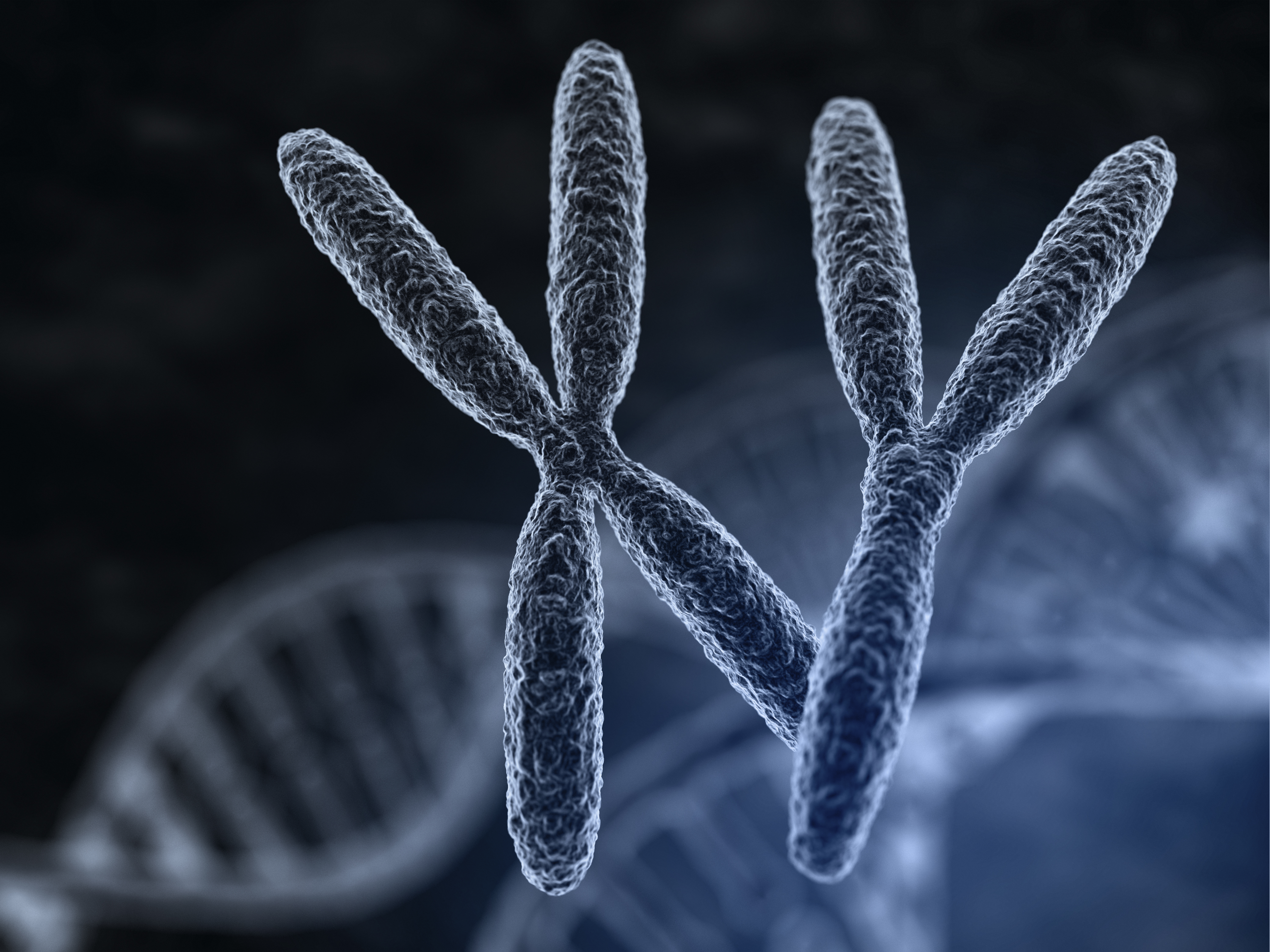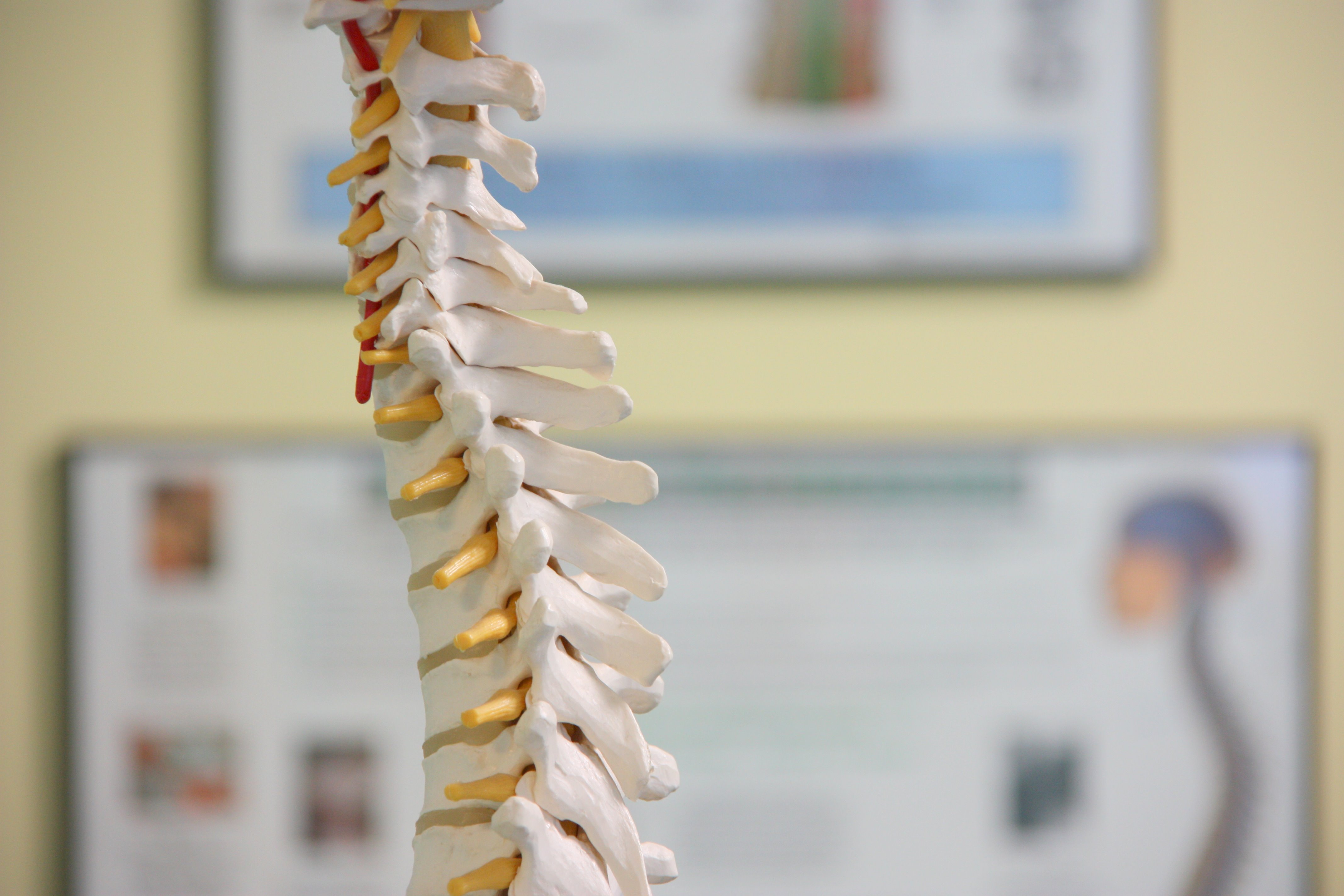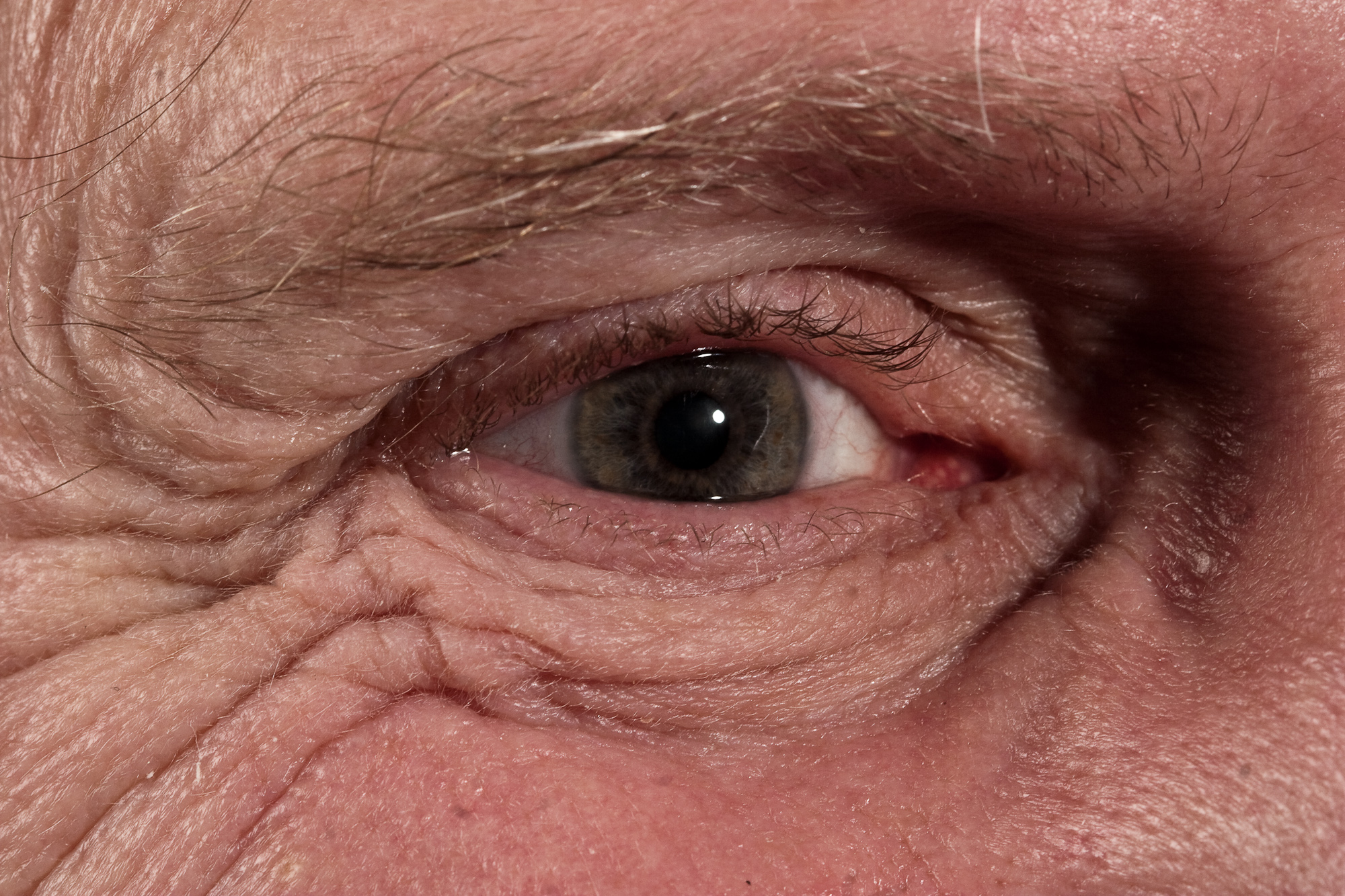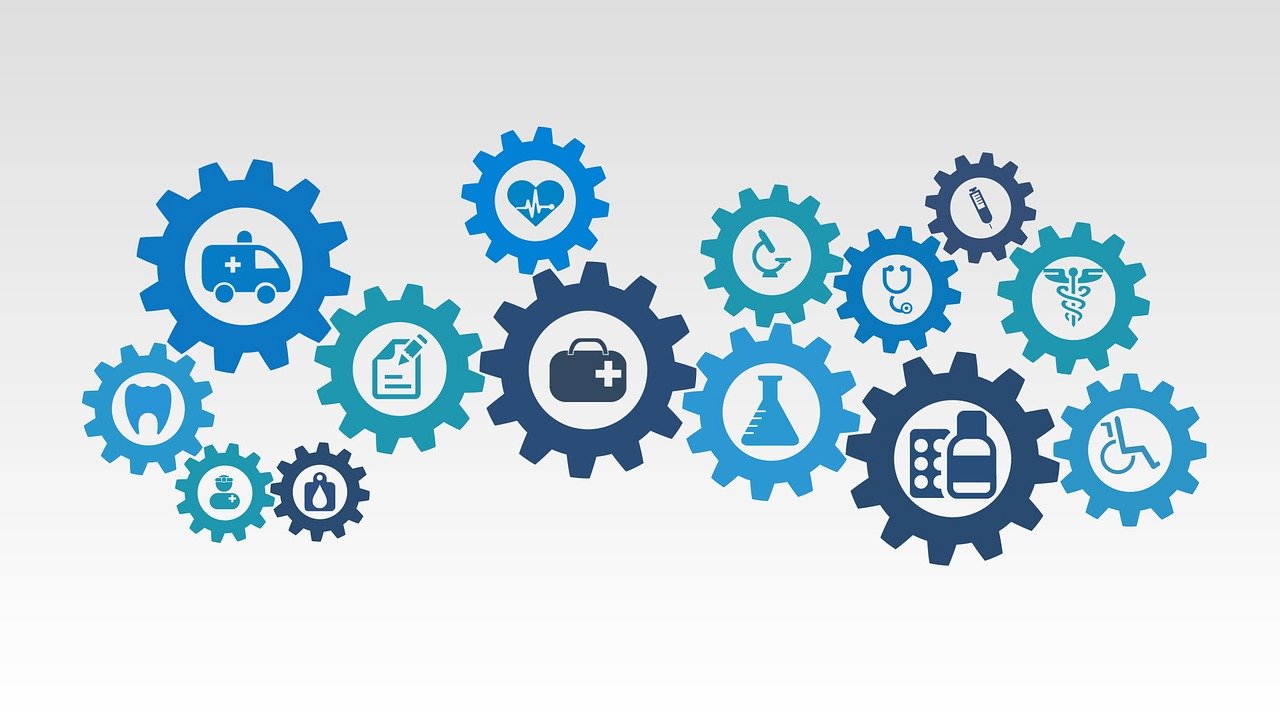Genetics and Heritability

Our goal is to understand how genetic variation relates to human health and disease and genetics underlies almost all research at the DTR. We have collected genetic information on over 6,000 twins (both monozygotic and dizygotic) using both state of the art genotyping (Illumina platform) and whole genome sequencing (WGS) techniques.
We have collaborated with international research groups to identify genes causing the most common, and sometimes lethal, conditions, such as cardiovascular disease, diabetes, obesity, fractures, and osteoarthritis.
Find out more with Professor Chris Hammond and Professor Emma Duncan in this webinar:
Ageing

The longitudinal nature of TwinsUK makes it an ideal cohort in which to study the process of ageing. Our ageing research includes normal brain ageing, investigating the genetic and environmental determinants of cognitive decline, and age-related cardiovascular changes such as hypertension. We have also investigated diet and how fast we age by studying telomeres, which are markers of our biological clock.
To address the dual challenge of climate change and ageing populations, Prof Claire Steves, Head of Department together with researchers from across the university has set up the new King’s Centre for Ageing Resilience in a Changing environment (CARICE). The Centre works to understand the mechanisms that enable individuals to maintain health and full function, bringing together scientists and clinicians. It also provides a research environment to support early career researchers in this field.
Find out more with Professor Claire Steves and Dr Ruth Bowyer in this webinar:
Omics

Much of our research uses omics technologies. Our researchers are utilising metabolomics, glycomics, nutriomics and epigenomics to investigate the causes of common diseases. The microbiome is also a major research focus.
In the last few years, new high-throughput technologies have allowed us to measure metabolites in human plasma, serum and urine and provided a new powerful tool to investigate the cause of common conditions such as cardiovascular disease, diabetes and obesity, and the influence of lifestyle choices such as smoking. To date we have assessed the metabolomic profiles of over 6,000 twins. We are also looking at metabolic markers in our blood to see if we can use these rather than questionnaires to measure what nutrients and vitamins we eat.
We are also comparing our diets with our gut microbiome, the composition of which can determine if we are fat or thin. We have characterised the gut microbiome of our twin volunteers using sequencing of 16s rDNA and entire metagenomes, to understand the role of the microbiome in human health and disease.
Epigenetic mechanisms, such as DNA methylation, can be subject to genetic, environmental and stochastic influences, and can have important downstream effects on the regulation of gene expression, normal development and disease. Our research focuses on the epigenetic basis of human health and disease in twins, as well as on understanding the factors driving epigenetic variation.
Pain

We’re working on clinical chronic pain syndromes including musculoskeletal pain such as fibromyalgia, low back pain, and visceral pain including unexplained pelvic pain and irritable bowel syndrome (IBS). Our aim is to identify genetic and epigenetic variants predisposing to pain syndromes and mediating the change from acute to chronic pain.
Vision

The Ophthalmology (Eye) Group’s research is focused on the genetics of common age-related eye diseases such as glaucoma, age-related cataract and myopia. By investigating to what extent these diseases are due to genetic factors, and identifying the genes responsible, the group aims to pave the way for the development of new treatments for some of the main causes of vision loss.
Data linkage

We are currently in the process of linking to TwinsUK members’ health, education and environmental records for the purposes of health research.
We are also members of the UK Longitudinal Linkage Collaboration (UK LLC), a data linkage initiative set up to bring together information from longitudinal study volunteers with their routine records. This is being done in a secure way to help researchers work to improve health and wellbeing throughout and beyond the COVID-19 pandemic.
Nutrition

We are studying how diet and nutrition affects health and metabolism. We ran a large-scale, personalised nutrition study called PREDICT, from which we hope to understand which foods are best for each individual. Other nutrition studies are ongoing.
Join Professor Tim Spector and Dr Sarah Berry to find out more in this webinar:
Microbiome

We are investigating how the microbiome is linked with health and diseases such as rheumatoid arthritis. Our microbiome research spans the breadth of the Department, and we use tools ranging from questionnaires and postal kits to new omics technologies.
Join Professor Frances Williams and Dr Nathan Danckert in this webinar:



